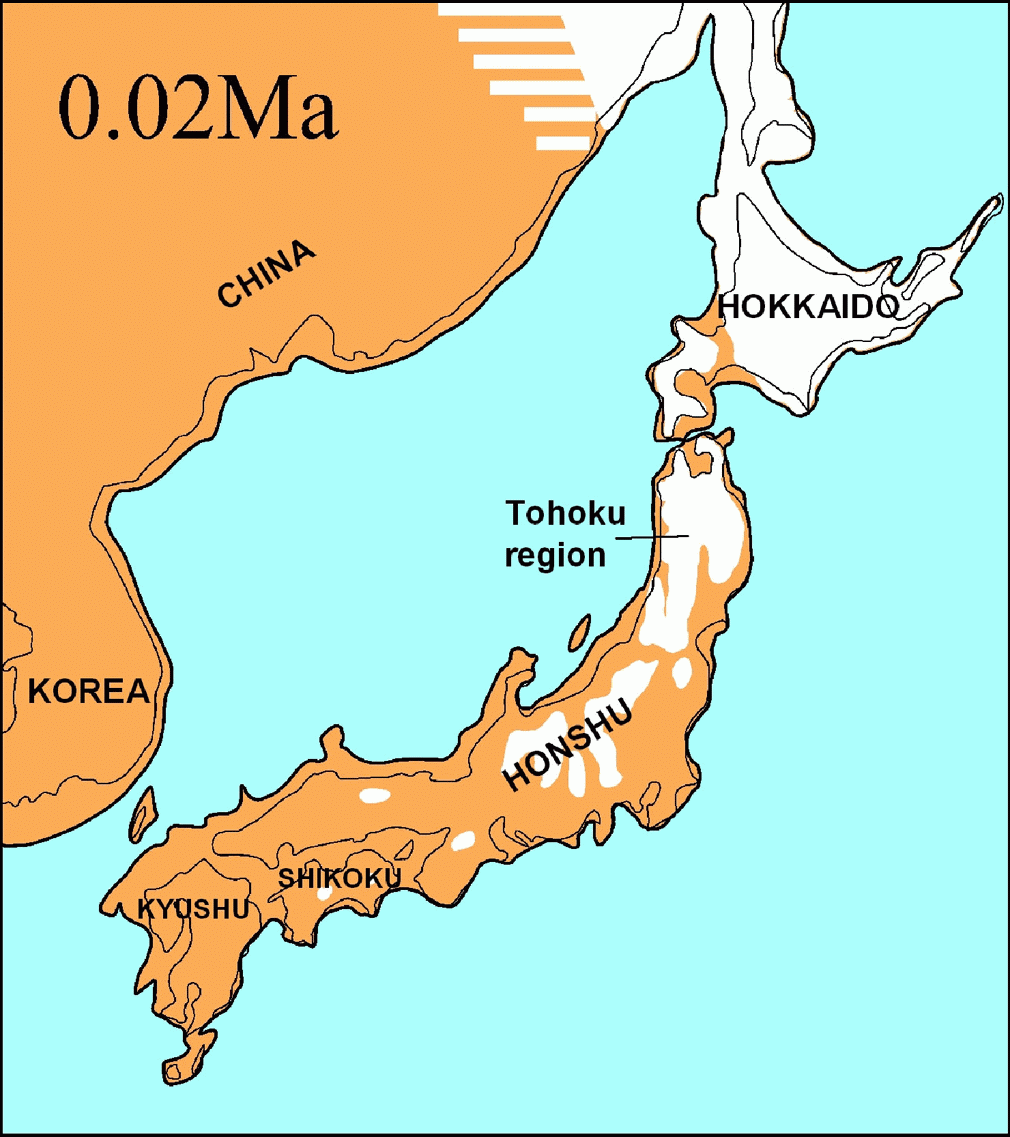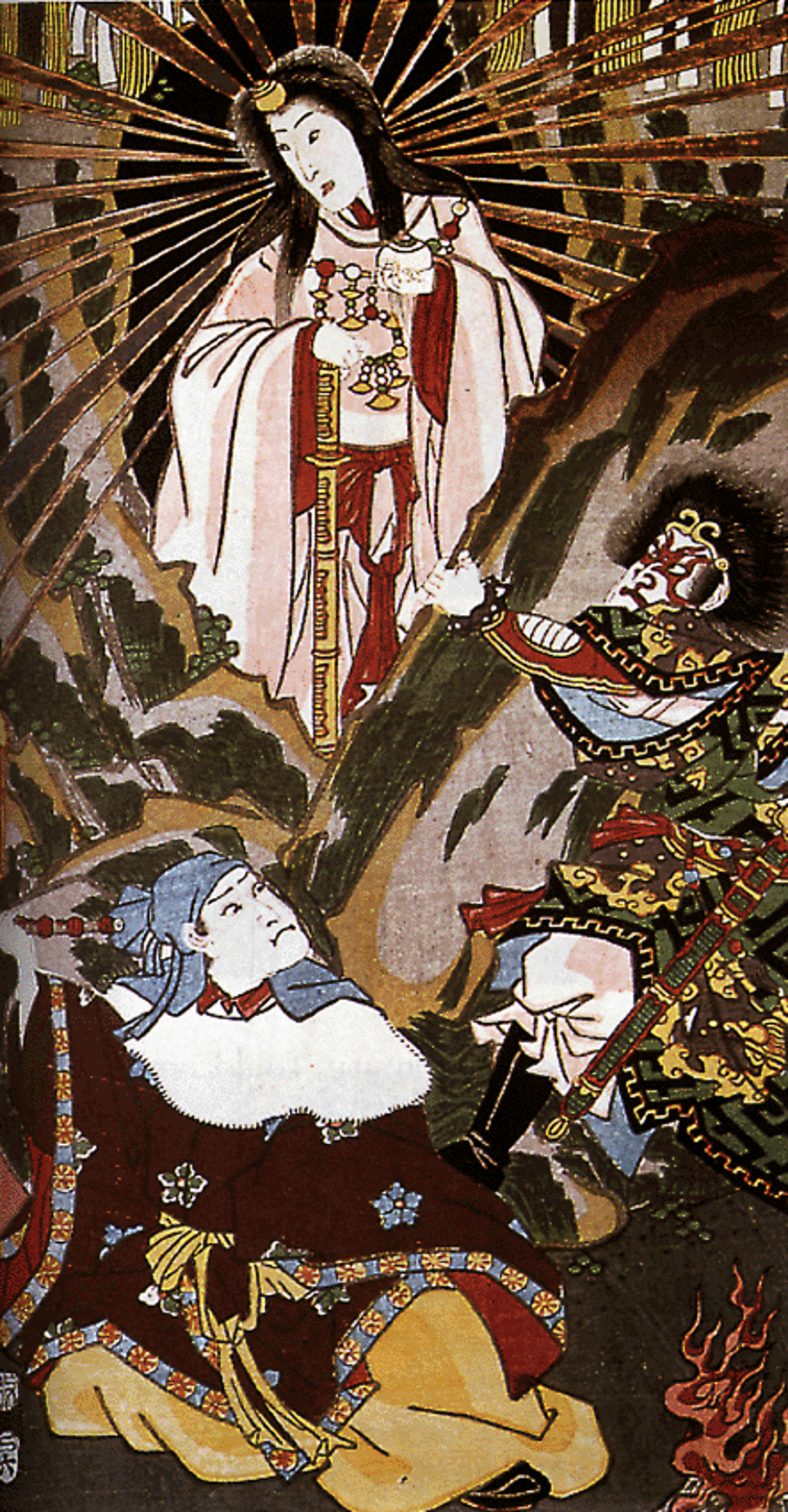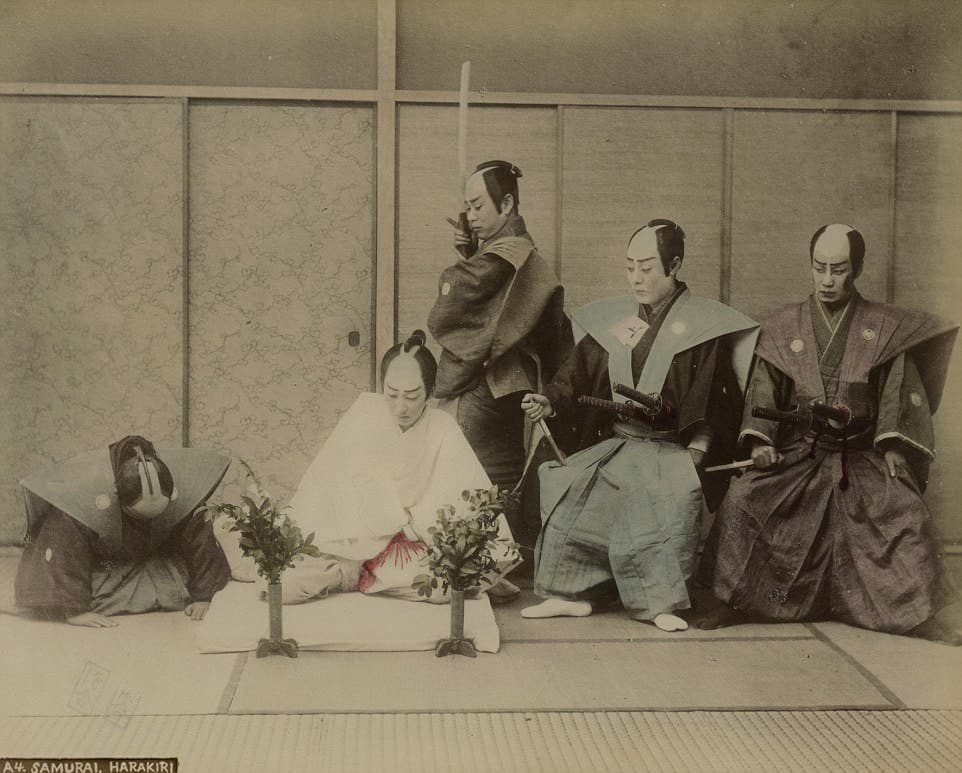|
Rising Sun (board Game)
''Rising Sun'' is a board game for 3 to 5 players designed by Eric M. Lang and published by CMON Limited in 2017. Rising Sun is a game about strategy, negotiation, and warfare in a feudal Japan where the ancient gods (Kami) have returned to rebuild the empire. The game was originally released via Kickstarter, raising over $4,200,000. ''Rising Sun'' received positive reviews, and was awarded with the ''2018 RPC Fantasy Award Tabletop & Miniatures Game Winner''. The name of a character in the game ''Kotahi'', has been found to be a name used in New Zealand and the Maori word for ''one''. Gameplay Rising Sun takes place in a mythical version of Japan. You lead a clan to conquest and gain the favors of the Gods. The game consists of three played seasons. Players, in order to achieve their goals, can Train, Marshall, Harvest, Recruit or Betray. Each of these phases allows different actions. At the end of the season, players resolve combat in provinces claimed by two opponents. ... [...More Info...] [...Related Items...] OR: [Wikipedia] [Google] [Baidu] |
CMON Limited
CMON Limited, formerly known as CoolMiniOrNot is a publicly listed miniatures and board game publisher, trading on the Hong Kong Stock Exchange. It also operates a miniatures related site coolminiornot.com that features user submitted images of their painted models for voting. History CoolMiniOrNot was founded as a community site for posting images of painted miniatures, inspired by Hot or Not style dating sites. It later began publishing board games and miniature games, notable titles include Super Dungeon Explore in 2011 and Zombicide in 2012. Some of its games are critically acclaimed, with three games (Xenoshyft, Rum and Bones and Blood Rage) making The Dice Tower's top 10 games of 2015. On December 2, 2016, CMON Limited began publicly trading on the GEM board of the Hong Kong Stock Exchange. Crowdsourcing activity CoolMiniOrNot had used Kickstarter with relative success occupying several places in the Most Funded Tabletop Games category. The total amount raised through K ... [...More Info...] [...Related Items...] OR: [Wikipedia] [Google] [Baidu] |
Strategy
Strategy (from Greek στρατηγία ''stratēgia'', "troop leadership; office of general, command, generalship") is a general plan to achieve one or more long-term or overall goals under conditions of uncertainty. In the sense of the " art of the general", which included several subsets of skills including military tactics, siegecraft, logistics etc., the term came into use in the 6th century C.E. in Eastern Roman terminology, and was translated into Western vernacular languages only in the 18th century. From then until the 20th century, the word "strategy" came to denote "a comprehensive way to try to pursue political ends, including the threat or actual use of force, in a dialectic of wills" in a military conflict, in which both adversaries interact. Strategy is important because the resources available to achieve goals are usually limited. Strategy generally involves setting goals and priorities, determining actions to achieve the goals, and mobilizing resources t ... [...More Info...] [...Related Items...] OR: [Wikipedia] [Google] [Baidu] |
Diplomacy
Diplomacy is the communication by representatives of State (polity), state, International organization, intergovernmental, or Non-governmental organization, non-governmental institutions intended to influence events in the international system.Ronald Peter Barston, ''Modern Diplomacy'', Pearson Education, 2006, p. 1 Diplomacy is the main instrument of foreign policy which represents the broader goals and strategies that guide a state's interactions with the rest of the world. International Treaty, treaties, Executive agreement, agreements, alliances, and other manifestations of international relations are usually the result of diplomatic negotiations and processes. Diplomats may also help shape a state by advising government officials. Modern diplomatic methods, practices, and principles originated largely from 17th-century European customs. Beginning in the early 20th century, diplomacy became professionalized; the 1961 Vienna Convention on Diplomatic Relations, ratified by ... [...More Info...] [...Related Items...] OR: [Wikipedia] [Google] [Baidu] |
Board Game
A board game is a type of tabletop game that involves small objects () that are placed and moved in particular ways on a specially designed patterned game board, potentially including other components, e.g. dice. The earliest known uses of the term "board game" are between the 1840s and 1850s. While game boards are a necessary and sufficient condition of this genre, card games that do not use a standard deck of cards, as well as games that use neither cards nor a game board, are often colloquially included, with some referring to this genre generally as "table and board games" or simply "tabletop games". Eras Ancient era Board games have been played, traveled, and evolved in most cultures and societies throughout history Board games have been discovered in a number of archaeological sites. The oldest discovered gaming pieces were discovered in southwest Turkey, a set of elaborate sculptured stones in sets of four designed for a chess-like game, which were created during the ... [...More Info...] [...Related Items...] OR: [Wikipedia] [Google] [Baidu] |
Feudal Japan
The first human inhabitants of the Japanese archipelago have been traced to the Paleolithic, around 38–39,000 years ago. The Jōmon period, named after its cord-marked pottery, was followed by the Yayoi period in the first millennium BC when new inventions were introduced from Asia. During this period, the first known written reference to Japan was recorded in the Chinese '' Book of Han'' in the first century AD. Around the 3rd century BC, the Yayoi people from the continent immigrated to the Japanese archipelago and introduced iron technology and agricultural civilization. Because they had an agricultural civilization, the population of the Yayoi began to grow rapidly and ultimately overwhelmed the Jōmon people, natives of the Japanese archipelago who were hunter-gatherers. Between the fourth and ninth centuries, Japan's many kingdoms and tribes gradually came to be unified under a centralized government, nominally controlled by the Emperor of Japan. The imperial dynast ... [...More Info...] [...Related Items...] OR: [Wikipedia] [Google] [Baidu] |
Kami
are the Deity, deities, Divinity, divinities, Spirit (supernatural entity), spirits, mythological, spiritual, or natural phenomena that are venerated in the traditional Shinto religion of Japan. ''Kami'' can be elements of the landscape, forces of nature, beings and the qualities that these beings express, and/or the spirits of venerated dead people. Many ''kami'' are considered the ancient ancestors of entire Japanese clans, clans (some ancestors became ''kami'' upon their death if they were able to embody the values and virtues of ''kami'' in life). Traditionally, great leaders like the Emperor of Japan, Emperor could be or became ''kami''. In Shinto, ''kami'' are not separate from nature, but are of nature, possessing positive and negative, and good and evil characteristics. They are manifestations of , the interconnecting energy of the universe, and are considered exemplary of what humanity should strive towards. ''Kami'' are believed to be "hidden" from this world, and in ... [...More Info...] [...Related Items...] OR: [Wikipedia] [Google] [Baidu] |
Kickstarter
Kickstarter, PBC is an American Benefit corporation, public benefit corporation based in Brooklyn, New York City, that maintains a global crowdfunding platform focused on creativity. The company's stated mission is to "help bring creative projects to life". As of April 2025, Kickstarter has received US$8.71 billion in pledges from 24.1 million backers to fund 277,302 projects, such as films, music, stage shows, comics, journalism, video games, board games, technology, publishing, and food-related projects. People who back Kickstarter projects are offered tangible rewards or experiences in exchange for their pledges. This model traces its roots to subscription model of arts patronage, in which artists would go directly to their audiences to fund their work. History Kickstarter launched on April 28, 2009, by Perry Chen, Yancey Strickler, and Charles Adler. ''The New York Times'' called Kickstarter "the people's National Endowment for the Arts, NEA". ''Time (magazine), Time'' named ... [...More Info...] [...Related Items...] OR: [Wikipedia] [Google] [Baidu] |
Māori Language
Māori (; endonym: 'the Māori language', commonly shortened to ) is an Eastern Polynesian languages, Eastern Polynesian language and the language of the Māori people, the indigenous population of mainland New Zealand. The southernmost member of the Austronesian language family, it is related to Cook Islands Māori, Tuamotuan language, Tuamotuan, and Tahitian language, Tahitian. The Māori Language Act 1987 gave the language recognition as one of New Zealand's official languages. There are regional dialects of the Māori language. Prior to contact with Europeans, Māori lacked a written language or script. Written Māori now uses the Latin script, which was adopted and the spelling standardised by Northern Māori in collaboration with English Protestant clergy in the 19th century. In the second half of the 19th century, European children in rural areas spoke Māori with Māori children. It was common for prominent parents of these children, such as government officials, to us ... [...More Info...] [...Related Items...] OR: [Wikipedia] [Google] [Baidu] |
Seppuku
, also known as , is a form of Japanese ritualistic suicide by disembowelment. It was originally reserved for samurai in their code of honor, but was also practiced by other Japanese people during the Shōwa era (particularly officers near the end of World War II) to restore honor for themselves or for their families. As a samurai practice, ''seppuku'' was used voluntarily by samurai to die with honor rather than fall into the hands of their enemies (and likely be tortured), as a form of capital punishment for samurai who had committed serious offenses, or performed because they had brought shame to themselves. The ceremonial disembowelment, which is usually part of a more elaborate ritual and performed in front of spectators, consists of plunging a short blade, traditionally a '' tantō'', into the belly and drawing the blade from left to right, slicing the belly open. If the cut is deep enough, it can sever the abdominal aorta, causing death by rapid exsanguination. One ... [...More Info...] [...Related Items...] OR: [Wikipedia] [Google] [Baidu] |
Rōnin
In feudal Japan to early modern Japan (1185–1868), a ''rōnin'' ( ; , , 'drifter' or 'wandering man', ) was a samurai who had no lord or master and in some cases, had also severed all links with his family or clan. A samurai became a ''rōnin'' upon the death of his master, or after the loss of his master's favor or legal privilege.Stephane Lun (2021). ''A Guide on Shinsengumi: the background and management.'' In modern Japanese, the term is usually used to describe a salaryman who is unemployed or a secondary school graduate who has not yet been admitted to university. Etymology The word ''rōnin'' is usually translated to 'drifter' or 'wanderer'; however, per kanji, means "wave" as on the water, as well as "unrestrained, dissolute", while means "person". It is an idiomatic expression for 'vagrant' or 'wanderer', someone who does not belong to one place. The term originated in the Nara and Heian periods, when it referred to a serf who had fled or deserted his master ... [...More Info...] [...Related Items...] OR: [Wikipedia] [Google] [Baidu] |
BoardGameGeek
BoardGameGeek (BGG) is an online forum for board gaming hobbyists and a game database that holds reviews, images and videos for over 125,600 different tabletop games, including European-style board games, wargames, and card games. In addition to the game database, the site allows users to rate games on a 1–10 scale and publishes a ranked list of board games. History BoardGameGeek was founded in January 2000 by Scott Alden and Derk Solko, and marked its 20th anniversary on 20 January 2020. Since 2005, BoardGameGeek hosts an annual board game convention, BGG.CON, that has a focus on playing games, and where winners of the Golden Geek Awards are announced. New games are showcased and convention staff is provided to teach rules. There is also an annual Spring BGG.CON which is family friendly, and an annual BGG@Sea which is held on a cruise. In 2010, BoardGameGeek received the Diana Jones Award, which recognized it as "a resource without peer for board and card gamers, the recog ... [...More Info...] [...Related Items...] OR: [Wikipedia] [Google] [Baidu] |
Board Games
A board game is a type of tabletop game that involves small objects () that are placed and moved in particular ways on a specially designed patterned game board, potentially including other components, e.g. dice. The earliest known uses of the term "board game" are between the 1840s and 1850s. While game boards are a necessary and sufficient condition of this genre, card games that do not use a standard deck of cards, as well as games that use neither cards nor a game board, are often colloquially included, with some referring to this genre generally as "table and board games" or simply "tabletop games". Eras Ancient era Board games have been played, traveled, and evolved in most cultures and societies throughout history Board games have been discovered in a number of archaeological sites. The oldest discovered gaming pieces were discovered in southwest Turkey, a set of elaborate sculptured stones in sets of four designed for a chess-like game, which were created during t ... [...More Info...] [...Related Items...] OR: [Wikipedia] [Google] [Baidu] |







